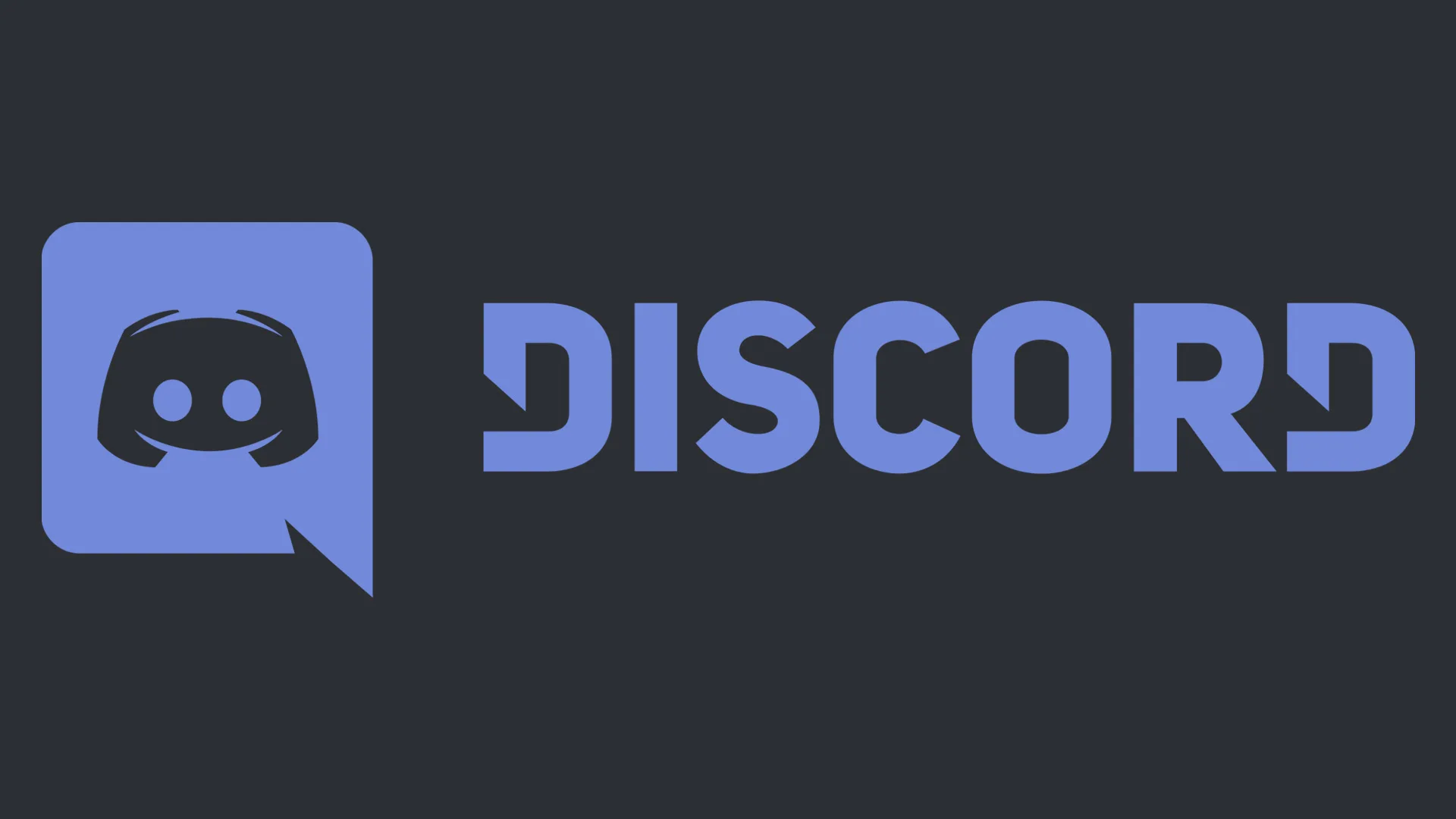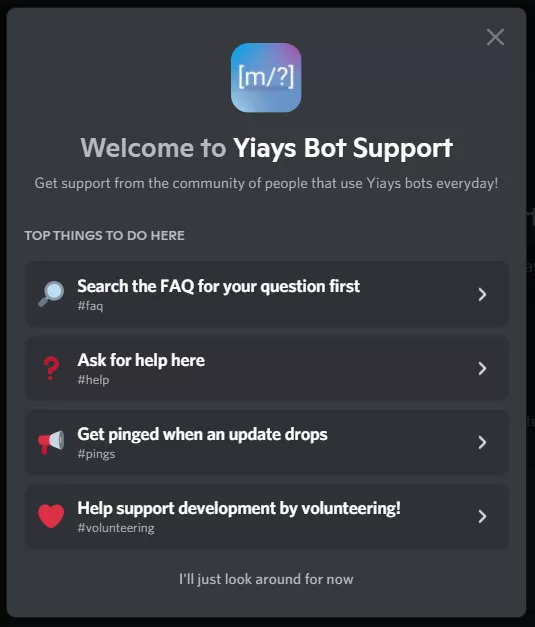Bringing developers, translators, and users together with Discord
Not logged in.Login with Passport
Case Study, Development, Discord | 3,241 Views

As my freelance business has grown, my community have naturally centred themselves around my Discord Support Server. As Discord is primarily a gaming chat app, this might seem unusual, but this is actually quite common for any product or service which depends on Discord in some way.

Discord servers are proving to be a great way to build a fast and direct line of communication between developers and users. Plenty of developers are already deeply familiar with Discord thanks to their beginner-friendly bot API. I use Discord myself to provide support to users, announce updates, and to obtain valuable feedback.
The purpose of any community Discord like my own is to replace the role of forums on the old web. It's a good idea to have an official server managed by your company for any product that you expect a community to grow around before others do it for you. These servers have the added benefit of giving you the ability to communicate updates to thousands of users instantly, gather feedback and bug reports from a wider demographic than one of which you'd find on GitHub or a ticketing service.
> There is a major downside, however. As Discord is not indexable by search providers and cannot be easily migrated or archived, all of the knowledge pooled together in a Discord server could be lost forever at any time. Decade old forums contain valuable information which we all rely upon in some way - future generations will not have the same ability to look back like we did.
>
> I would like to do my part to help solve this problem by creating tools to dump the contents of a Discord server on to a web host and make it indexable and archivable. - You will hear more about this in a future blog post.
Developers

Developers find Discord to be a great place to collaborate. Discord has good integration with GitHub, code highligting, a large character limit for long code snippets, and basically every method of screen sharing is possible through Discord's features.
Translators

The high character limit, rich media sharing features, GitHub integration, and voice chat can all help translators to work quickly and efficiently. You can even automatically notify translators when new strings are ready.
Summary
Discord allows for private messaging when needed, rich attachments, advanced automation with the help of bots, and incredible scalibility. The main challenges are separating work and play (for some people), the lack of tools for dealing with spam and raids (thousands of bad actors working to congest all the channels on your server), and the risks inherit to relying on another company for a free platform.
I'd argue that more people should be using Discord servers for a support-community hybrid like I have with Yiays Bot Support. But at the same time, it's quite the commitment to run a Discord, and it will only be worth the cost of labour if your demographics line up with that of Discord users.